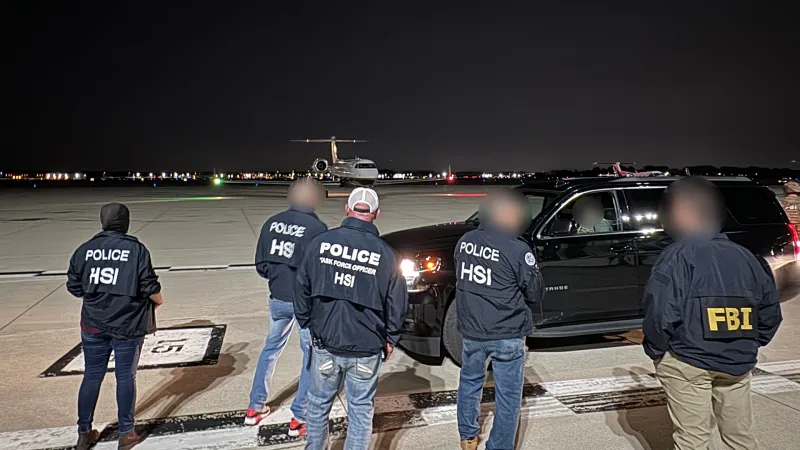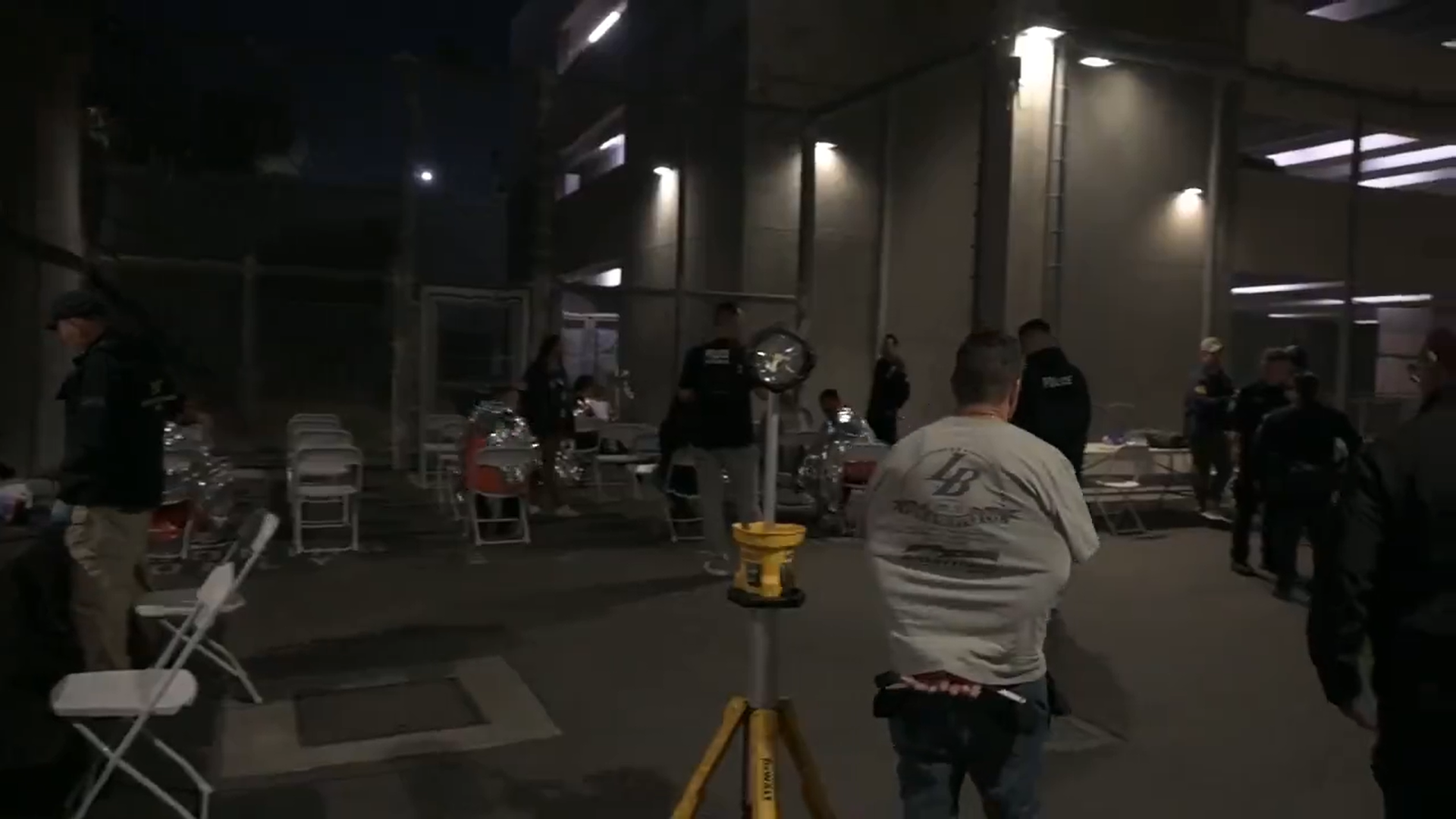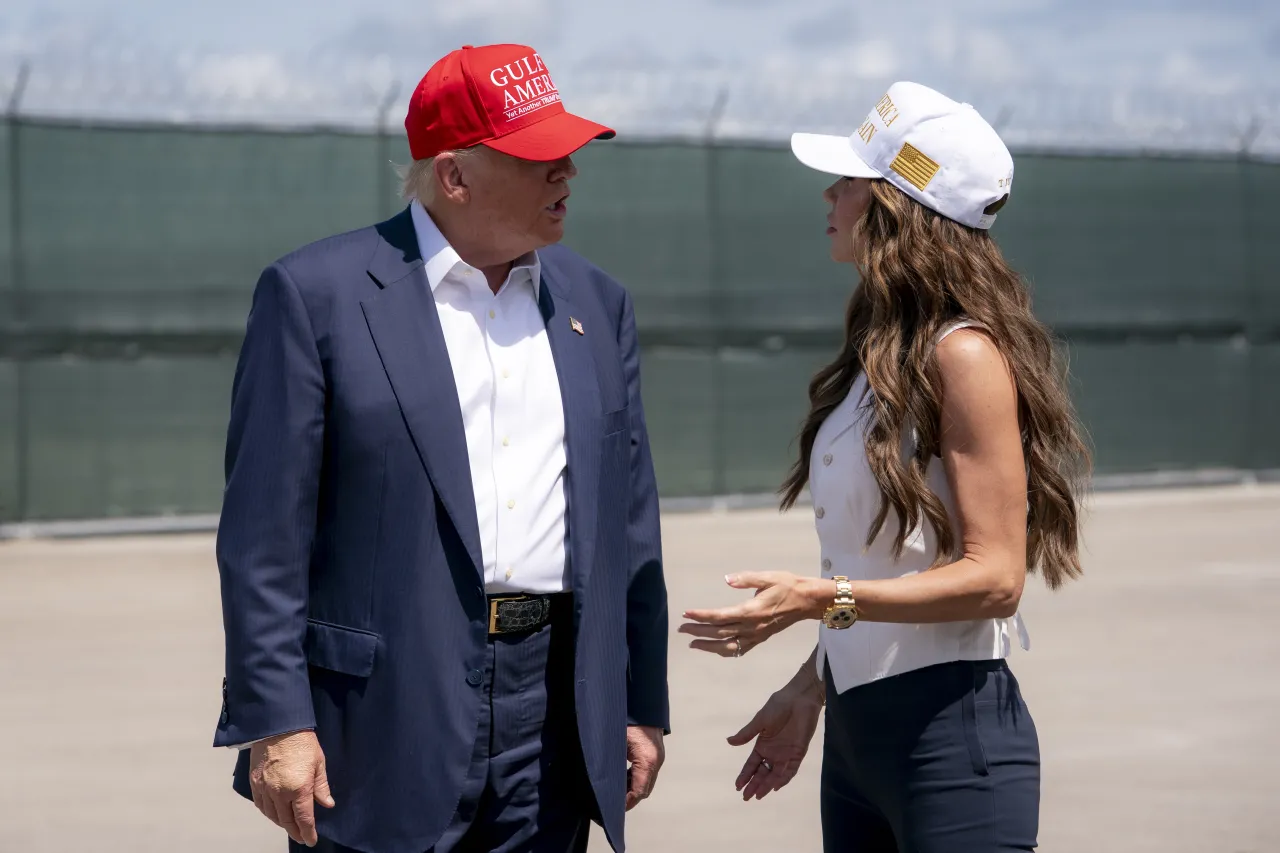U.S. Immigration and Customs Enforcement announced new Treasury Department sanctions this week that target businesses and individuals tied to the Sinaloa Cartel’s Los Chapitos faction, one of the most powerful and violent drug trafficking networks in the world. The action followed a months-long Homeland Security Investigations Newark investigation that traced the cartel’s chemical supply and financial networks from Mexico to the United States.
The U.S. Department of the Treasury’s Office of Foreign Assets Control sanctioned eight Mexican nationals and 12 Mexico-based companies on Oct. 6 after uncovering evidence that they had helped supply precursor chemicals used to manufacture fentanyl and other narcotics smuggled across the southern border. Investigators said the operation struck directly at the cartel’s ability to fund and sustain its U.S. trafficking routes.
Among the sanctioned entities is Sumilab, S.A. de C.V., a chemical and laboratory equipment supplier identified as a primary facilitator for the cartel’s production pipeline. Officials said Sumilab provided key materials, logistical support, and shipping services to Sinaloa Cartel associates involved in the mass production of fentanyl and other synthetic opioids responsible for killing tens of thousands of Americans each year.
“Our investigation and the resulting Treasury sanctions demonstrate our unwavering commitment to dismantling the Sinaloa Cartel,” said HSI Newark Special Agent in Charge Michael S. McCarthy. “By targeting the cartel’s financial networks, HSI and our law enforcement partners strike at the very core of their operations, disrupting their capacity to harm communities and underscoring that those who threaten our national security will be held fully accountable.”
Federal authorities said the investigation revealed how cartel factions are repurposing legitimate-appearing Mexican businesses to finance trafficking, launder profits, and disguise chemical shipments that eventually make their way into the U.S. market. Several of the sanctioned entities operated in the chemical, agricultural, and laboratory equipment sectors, providing the cartel with the resources and technology to sustain its illicit drug empire.
Officials emphasized that the sanctions not only freeze U.S.-based assets but also support ongoing immigration and criminal investigations into cartel affiliates suspected of crossing into the United States. By cutting off funding and identifying cartel members who may have illegally entered the country, ICE said the operation furthers President Donald Trump and Secretary Kristi Noem’s commitment to secure the border and prioritize the deportation of violent foreign offenders.
The move also highlights what DHS called a “whole-of-government approach” to combatting transnational crime, integrating financial enforcement, border security, and immigration control into a unified effort. Officials noted that targeting cartel finances and logistics abroad ultimately reduces the flow of both drugs and criminal migrants into American communities.
“Fentanyl and cartel violence do not stop at the border,” McCarthy said. “By going after those who supply and enable these operations, we are cutting off their ability to poison our communities and infiltrate our borders.”



